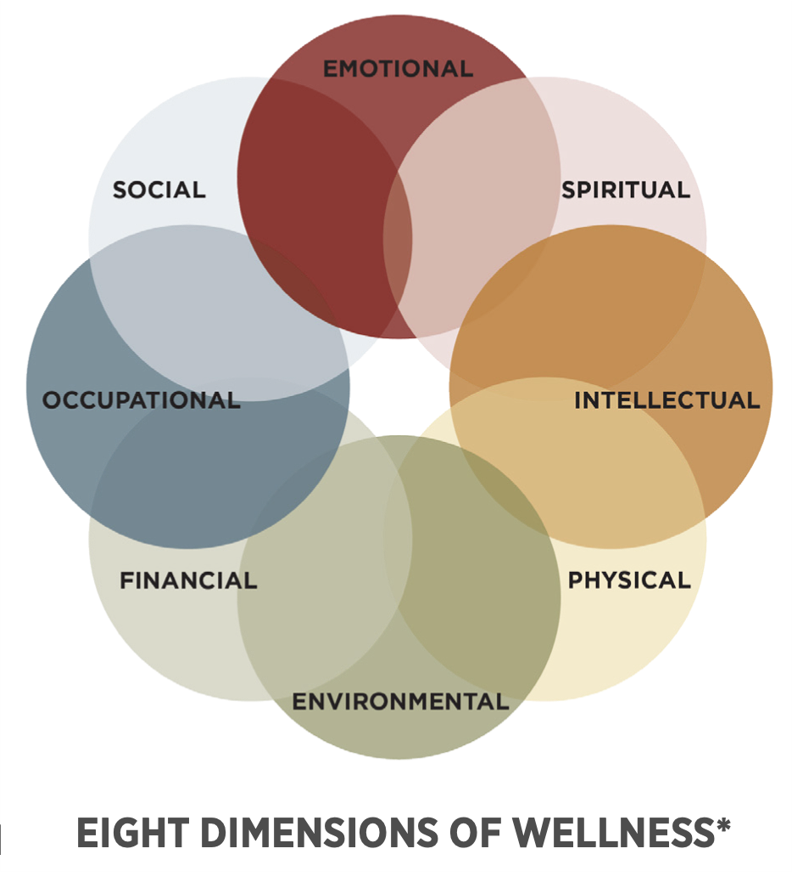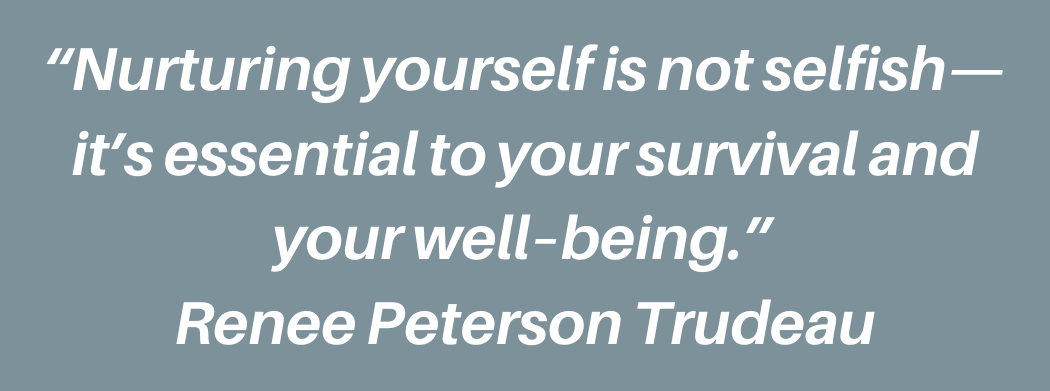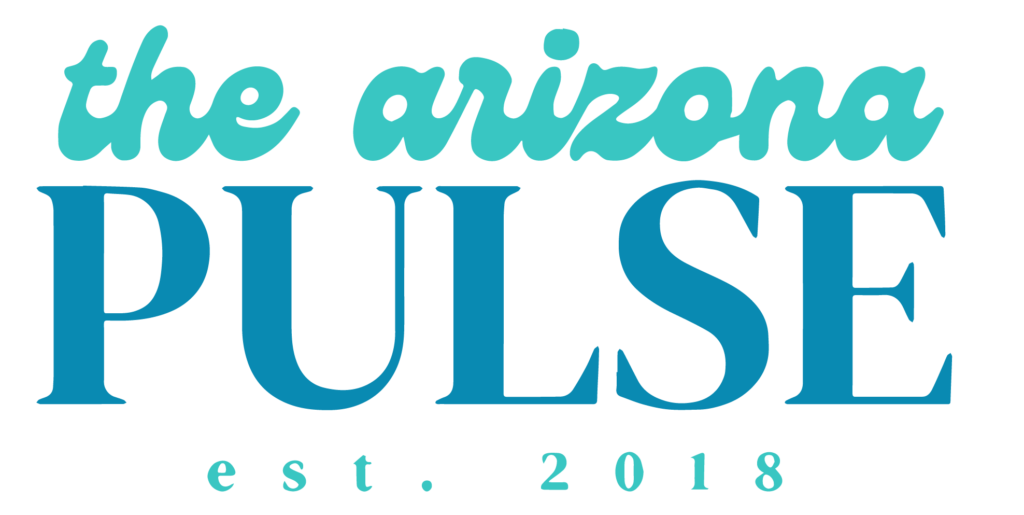Written by: Jasleen Chhatwal, MD
We are scientists. We are helpers. We are healers. This is our collective identity. We build it from years of education, countless hours of clinicals practice, and a lifetime of service. This is what makes us physicians.
A decade or two ago, talk about self-care, work-life balance, and physician wellness may have felt foreign to many among us. Yet, this discussion has become more frequent, taking center stage, bringing us face to face with our vulnerability, our humanity, our own need for healing. We are all acutely aware of the burden that workflow inefficiencies, needless regulatory processes, productivity expectations, and nitpicky documentation requirements place on us and our colleagues.¹ Most who practice medicine, in any specialty, realize the urgent need for systemic reform. However, our health and wellness cannot wait for that change. We have to take charge of it now.
Wellness is an active pursuit of activities, choices, and lifestyles that lead to a state of holistic health.² Similar to health, wellness is not just the absence of illness and requires conscious effort towards the goal of improving our mental, physical, emotional, social, and spiritual lives. Environmental, financial, and occupational dimensions may further be added to this list of wellness categories. Interestingly, it is these same factors that also determine our resilience – the ability to bend and not break when faced with stress, to bounce back from a traumatic experience.

Source: Adapted from Swarbrick, M. (2006). A Wellness Approach. Psychiatric Rehabilitation Journal, 29(4), 311–314.
When we think of wellness, we often think of the big things. Taking a vacation. Running five miles. Meditating daily. Eating right. Being high achievers, anything short of a life change can seem unworthy of pursuit. And therein lies the rub. In our busy lives, filled with endless responsibilities and finite time, we are more likely to put off the big targets. Duty calls: a patient who is waiting, chart needing to be dictated, or a family member requesting a call. Wellness can start to feel like a task, one that is hard to begin and even harder to continue.
And so…
We start to see increased consumption of alcohol, medications, or other drugs – as reported by 18 percent of respondents in the 2020 Survey of America’s Physicians by The Physicians Foundation. In this same survey, about half the physicians reported struggling to maintain emotional equanimity, stability, or regulation, a third endorsed a loss of purpose and feeling hopeless, and almost a tenth considered or engaged in self-harming behaviors.³ There is an overwhelming amount of evidence that the epidemic of burnout, mental distress, and suicide in physicians that is taking a toll on each of our lives has only gotten worse in the last year.
I ask you today to approach wellness by starting small. Notice your breathing. Sleep an extra 15 minutes. Check in with a colleague. Make your bed. Stretch during lunch. Just take one achievable step and repeat it tomorrow, the day after, and the day after that. The beauty of an achievable step is that it is more likely to be a sustainable step. This first step can help in building confidence and motivation. It can and will lead to further steps along your personal wellness journey. Enriched with an intention to better your life and a commitment to your own health, let’s get started!


About Jasleen Chhatwal, MD
Jasleen Chhatwal, MD, is Chief Medical Officer and Director of the Mood Disorders Program at Sierra Tucson, a premier residential behavioral health treatment center. A board-certified psychiatrist, Dr. Chhatwal also serves as President of the Arizona Psychiatric Society and is an Assistant Professor at the University of Arizona College of Medicine. Echoing naturalistic healing disciplines, Dr. Chhatwal believes that the human body has the inherent capacity to heal itself when provided with a nurturing environment for the mind, body and spirit.
Sources:
- Shanafelt, Tait D, Dyrbye, Lotte N, and West, Colin P. “Addressing Physician Burnout: The Way Forward.” JAMA : The Journal of the American Medical Association 317.9 (2017): 901-02.
- Wellness Definitions. (2019, May 14). Retrieved from https://globalwellnessinstitute.org/what-is-wellness/wellness-economy-definitions/
- 2020 Survey of America’s Physicians: COVID-19 Impact Edition. PART TWO OF THREE: COVID-19’s Impact on Physician Wellbeing



